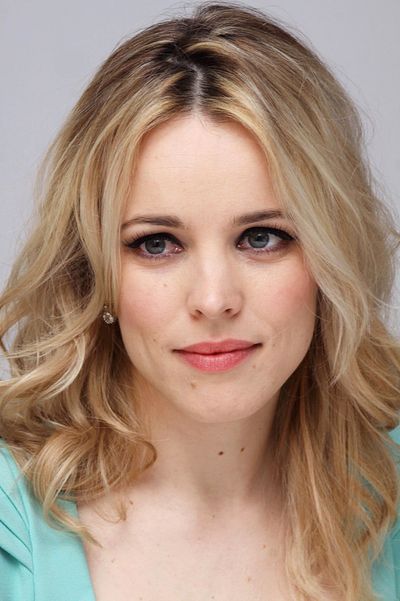We've been here before. You know what you're getting with a Terrence Malick movie. The director of Tree of Life, Badlands and The Thin Red Line has a distinct style - long shots of fields/poetic voiceover/reflections on love, life and everything - but To The Wonder feels like a rehash. He's made this film already and it was a better one.
Olga Kurlyenko and Ben Affleck are very much in love (no one is ever in love as much as the lovers in a Malick film; a love so intense no one seems to enjoy it) but while her narration suggests that it's all-consuming for her, his distant eyes suggests it's less than that for him. So far, so Malick, but there are little differences afoot...
The urban setting is rare, which lends the romance more intimacy than usual, but before we can get used to the Parisian sights, Malick has Affleck whisk Kurlyenko and her daughter to the expansive American Midwest and to the same small town where Javier Bardem's priest struggles with his faith. As Affleck's feelings fade, Kurlyenko becomes ever more desperate.
Malick's usually a deliberate filmmaker but this is his second film in two years and he has another two ready to go. It's easy then to suggest that To The Wonder is rushed but there's no mistaking this is half-formed and too familiar. The three-way love story (Rachel McAdams's old flame) spices things up somewhat but not enough. She's basically the same person as Kurlyenko, who is basically the same woman in every Malick movie: passive, child-like and defined by the love for their men.
But Malick at half-mast can still woo and while as pretty as you'd expect with sumptuous magic hour scenes it also explores the absence of God/Love. Big theme that. Bardem's melancholic priest - hiding from a parishioner in need and in love with the nun in the kitchen - hints at a far meatier film and perhaps a better one. However, when the voiceover offers up lines like, "I in you, you in me," Malick's patented dreamy narration seems fit only for the nonsense of a perfume ad and by the fifteenth time Kurlyenko has twirled in a corn field at dusk, patience wanes.
Malick needs to try something new. And slowly.




















































































